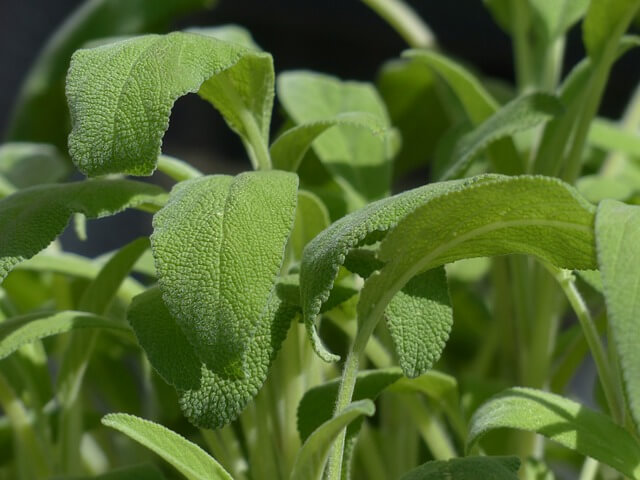
Growing an indoor herb garden can be both an enjoyable process and it can yield satisfying results. While gardening comes naturally to some people, it can be very challenging for others. Hopefully the following list of things to avoid when growing an indoor herb garden will help to steer you in the right direction:
Don’t forget the light
One of the most common reasons why indoor herb gardens die is because of insufficient sunlight. Most herbs will only grow and thrive in a bright south or east-facing window. But even in the right window your herbs may not have the amount of sunlight that they need. If you do not have a window in your home that exposes your plants to at least six hours of sunlight, get a grow light. Grow lights are special fluorescent tubes with a wide spectrum. This spectrum more accurately mimics the rays of the sun. Just be sure to keep your grow light six inches above the plants for twelve hours a day. While sunlight is best, also keep in mind that you do not want to allow your herbs to get too hot. Make sure to distance them from heat sources.
Small pots
When you plant an herb in a pot that is too small, the plant’s root system can smother itself. Furthermore, if you take an herb from the ground and re-pot it for indoor use, you could kill the plant if the pot is not big enough. If you are just starting your herb garden, experts agree that keeping your herbs in a pot instead of transplanting them is best for the plant.
Shocking the plants
Moving from the bright sun of outdoors to the dim, dry environment that you find indoors will shock outdoor herbs. Get them used to being indoor plants by slowly transitioning them by moving them in overnight, then outside. Bring them inside for longer periods of time over the course of several days. This process should take about a week.
Unwanted neighbors
If you are moving outdoor herbs to an indoor garden make sure to check for bugs first. If you suspect bugs, give your herbs a spray with insecticidal soap. Be sure that you spray both the tops and the bottoms of all the leaves on the plant.
Over watering
The most common cause of indoor plant fatalities is over watering. Over watering kills plants by rotting roots and making the plant more susceptible to disease. In general you need only water once a week or when the soil feels dry an inch down. Pour out any water that collects in the bottom of the pot or saucer so roots can breathe. Make sure that you pot with soil that can drain well. Do make sure that you are moisturizing your herbs as they would much rather prefer a regular misting of water rather than a dousing of it.
Don’t get greedy
Although it is a good idea to prune herbs generously when you are repotting them, you need to allow them to maintain a slower rate of growth during the winter months. Most herbs, except basil, are perennials and will live for several years in pots, if they come indoors in winter. But, the winter is when they are dormant and will not produce at the same pace that they did in the summer. When you want to use some of your herbs, just snip enough for what you need right then. Plants will come out of dormancy in February or March.
Let it go
Some herbs cannot be saved once they are cut from the mother plant. For example, do not try to repot or plant a decorative item such as a rosemary topiary that may have been received as a gift. If the plant was grown outdoors, made into a decoration and then brought indoors, there is little that you can do to salvage it once it dies.